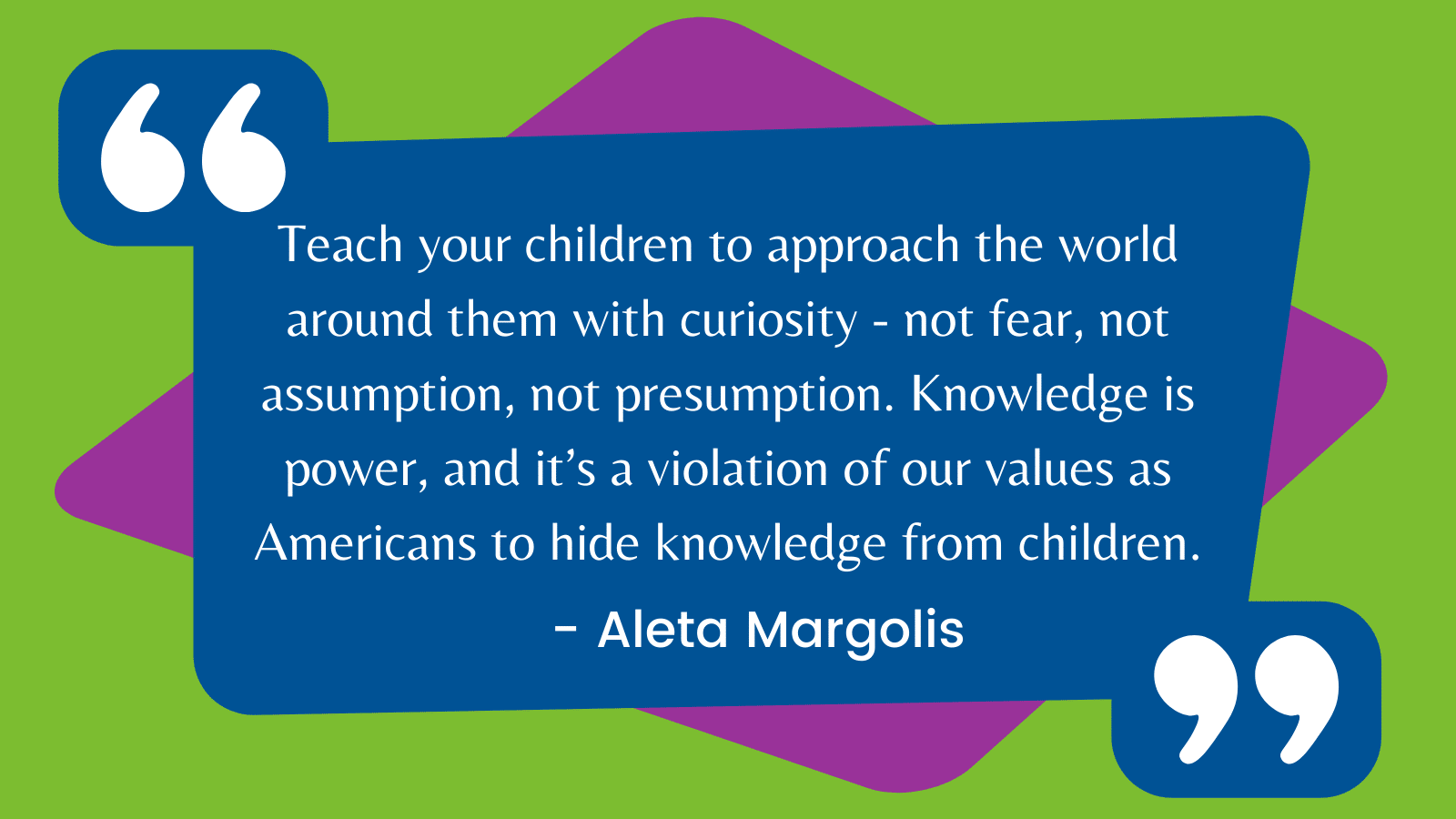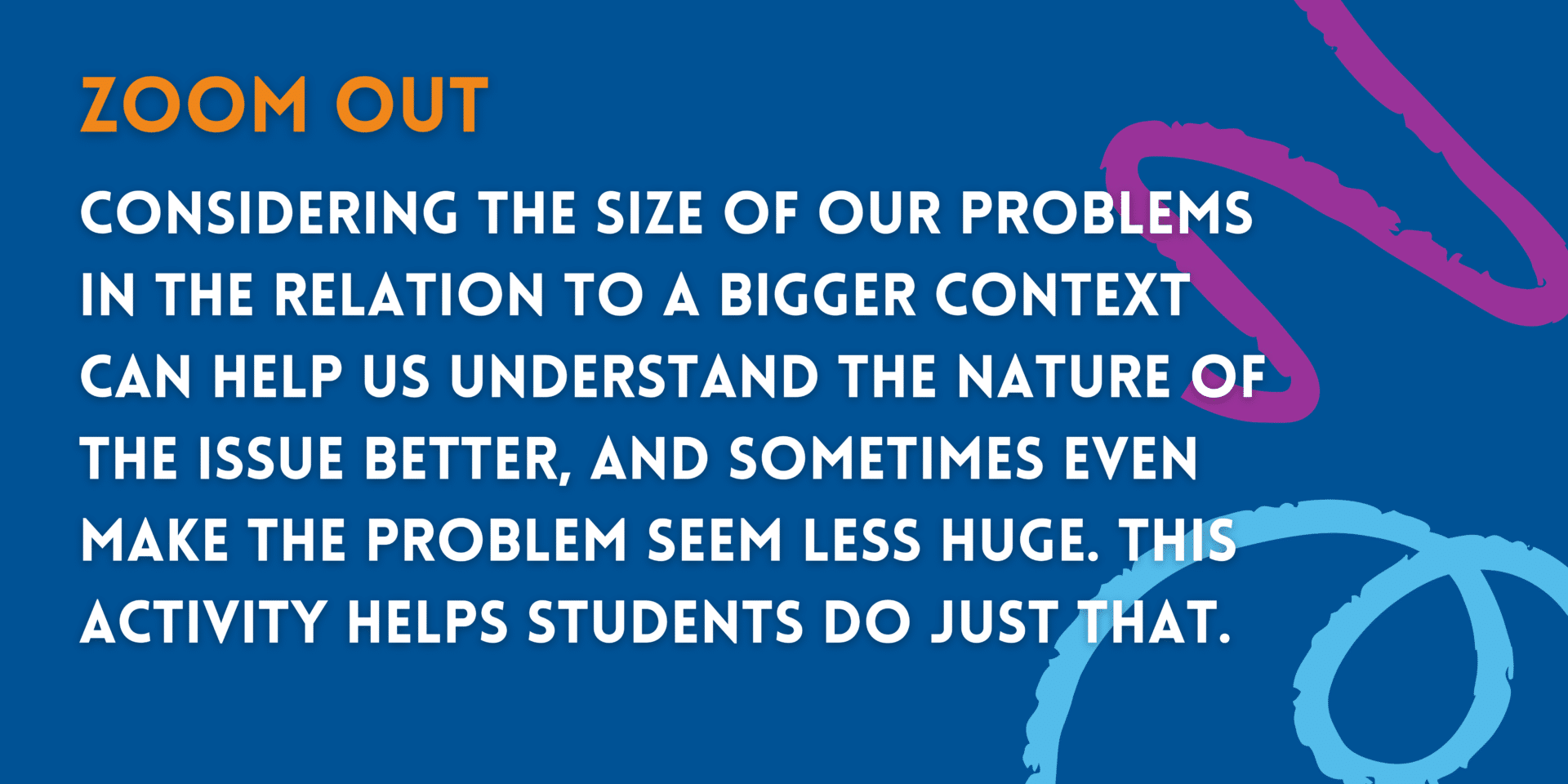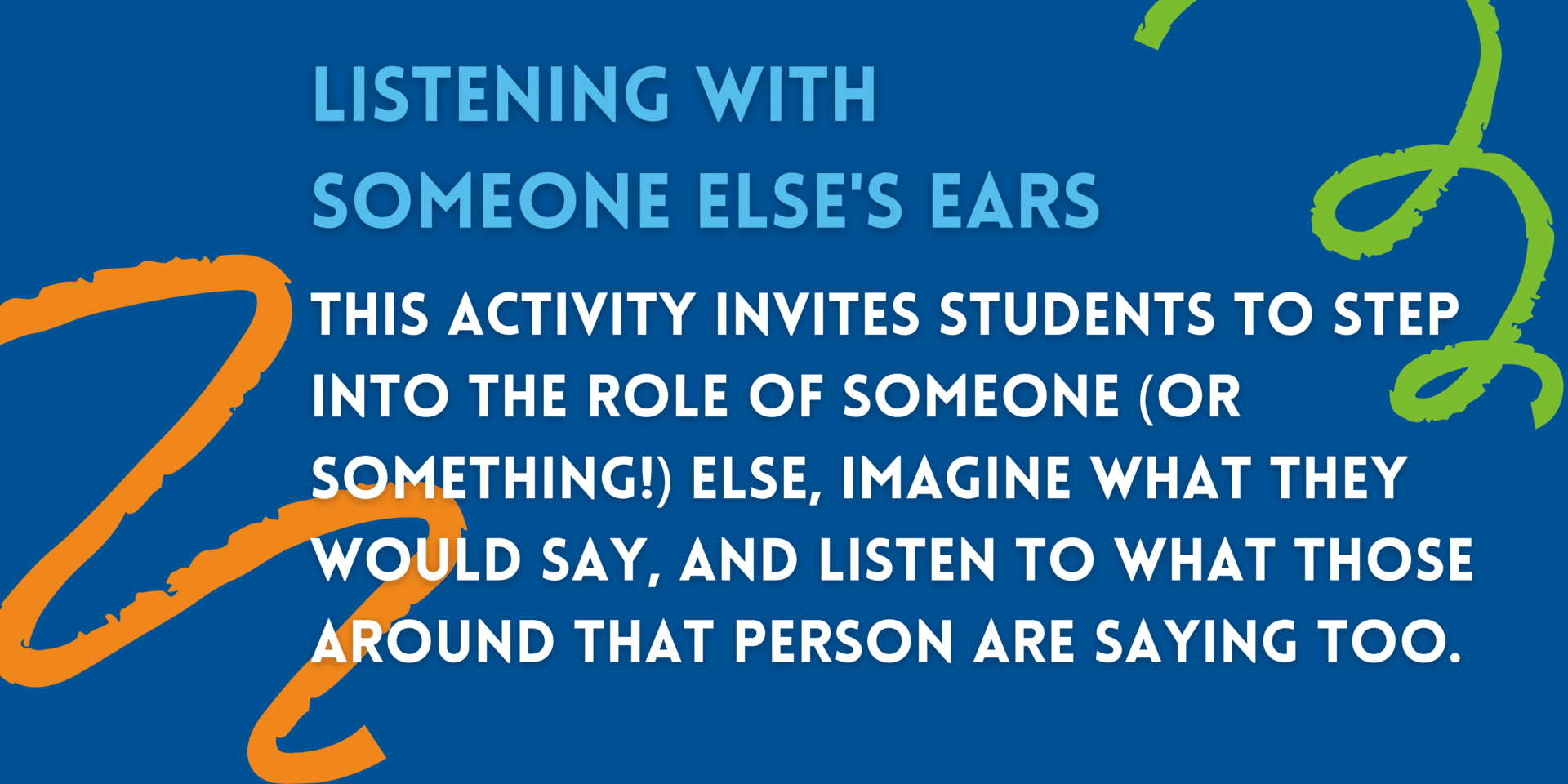By Aleta Margolis, Founder and President, Center for Inspired Teaching
Hooray for Monday is a weekly blog filled with questions, ideas, reflections, and actions we can all take to remodel the school experience for students.

Dear readers, in light of current events, I’m sharing this important message. We’ll resume the educator interviews around Inspired Teaching’s 5 Core Elements next week.
I encourage you to share this special edition of Hooray For Monday with your students’ parents and guardians. Now is an important time to partner with parents to support meaningful learning for the children in our care.
On March 4, The New York Times reported that Russia passed a law making it “a crime to simply call the war a ‘war.’” Instead the Kremlin’s term “special military operation” must be used. Not to be outdone, three days later according to The Washington Post, Florida passed a bill effectively making it a crime to say the word “gay” in K-3 classrooms. A week ago, on March 28, flanked by a group of schoolchildren, Florida’s Governor Ron DeSantis signed the bill into law.
Think it’s hard walking around with a mask on? Try teaching with a gag on!
In 1991, I started my teaching career in a middle school where I was in charge of teaching human sexuality education to sixth graders. I received an extensive list of subjects I was not allowed to discuss. The list included anything relating to same-sex relationships. (I navigated around the list by telling students I would answer any questions they asked. Miraculously I was not fired.)

Today students in many parts of the country are learning that they are not allowed to study the role racism has played in our country’s history or learn about gender identity or about the LGBTQIA+ community. And unlike my experience in the early 1990’s where my greatest worry was getting fired, today teachers in America, a country where values like the freedom of speech are meant to set us apart from places like Russia, may face costly legal consequences for speaking about race or gender identity.
While I, like many educators, am outraged at these gag orders for teachers and school leaders, I am also hopeful. That’s because I have great confidence in young people. Though the regulations are targeted at teachers, we know that young people have unlimited access to the news thanks to the internet, and therefore a front-row seat to what’s going on. They are intellectually curious and eager to puzzle through and understand their world. Add a group of adults insisting certain knowledge is forbidden – and that’s a recipe for motivating kids to find a way.
There’s no better incentive to get children interested in something than to tell them it’s off limits.
We are teachers. We are experts in exercising good judgment; that’s what we are trained to do. We know how to break the news to three-year-olds that the world is made up of a wide variety of people, and that our country’s history is imperfect and has room for them to make some improvements. We also know how to engage older students in this kind of important learning.
Parents: legislation is being passed, powerful legislation that can change the school experience for students, and it’s being done in your name.

But here’s the good news. Recent events demonstrate that parents have the power, a lot of power, to shape the school experience for children. So parents: wield that power wisely. Here are some things you can do to support an engaged, meaningful school experience:
- Ask your child what they love about school. Ask them what they are learning and what is truly important to them. Listen closely to the answer. And then ask them where school is not meeting their needs. Maybe they will tell you directly. Maybe you will have to infer based on your observations of them. Either way, take in the information. Then act on it.
- Thank your child’s teachers when they make school meaningful, when they support your children, when they do things to help your children thrive. Express your gratitude and support every time your child’s teachers give you a reason to do so. Even a quick text or email will be appreciated. A letter to the principal praising a teacher will, of course, go even further.
- Ask your child’s teachers thoughtful questions. Ask them how they plan to engage your child in developmentally appropriate learning about the Russian invasion of Ukraine, about Judge Ketanji Brown Jackson’s confirmation hearing, about the January 6 trials. And yes, also ask them how they plan to engage your child in developmentally appropriate learning around race and gender identity.
- Teach your children to approach the world around them with curiosity – not fear, not assumption, not presumption. Knowledge is power, and it’s a violation of our values as Americans to hide knowledge from children.
Until recently, I had thought my stories from the early 1990s were old news. But now, instead of getting lost in despair, I’m opting for hope. Current events demonstrate that we have the power to shape the school experience for our children. We must take a stand if we want school to be a place where our children learn to explore ideas both simple and complicated, even things that are scary, under the thoughtful guidance of a professional educator.
Parents: do not let someone else speak for you. Don’t let political movements disguised as parental concern restrict what is possible in our classrooms. Use your voice. Not only will you be improving school for your children, but you will also be a role model, showing your children what it means to stand up for freedom of thought and learning. And that’s a truly hopeful act.


